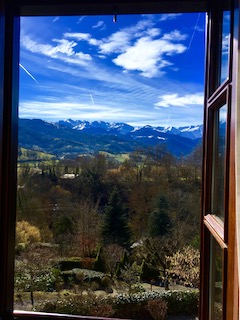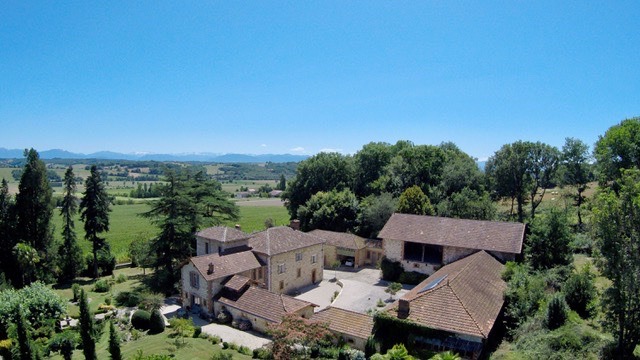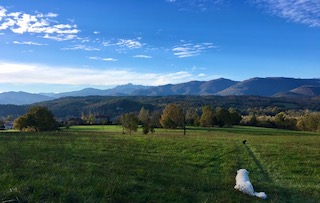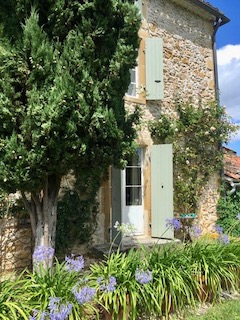The French healthcare system is considered one of the best examples of universal care at affordable rates – but how does it work?
The French health care service is provided mainly by the state through various state funds accessed by a card called a carte vitale which is rather like a credit card given to everyone in the French healthcare system. However, part of the cost of treatment and drugs is covered by a form of private health insurance which will depend on your level of income. If you are earning the minimum wage, then the majority of the cost of your healthcare will be covered by the state but, over this level, the general coverage is approximately 70% of the cost with you making up the final 30%. Most people do this by having an annual health insurance policy known in France as a mutuelle.
There are numerous insurers to choose from and, as with all types of insurance, a wide range of policies with varying degrees of cover and premiums. Basic packages tend to cover hospital costs and medicine, but you can choose to add things like dental costs.
This complementary health insurance should not be confused with private health cover in the UK or the US. Although bought by the individual, it simply assists financing the personal contribution element of French healthcare. It is inexpensive, does not guarantee faster treatment times and is not affiliated to private practitioners or clinics.
In terms of payment, the individual pays for treatment and the relevant state fund is automatically alerted via the carte vitale system. The percentage refunded by the State is then indicated to the relevant mutuelle which calculates accordingly how much it will reimburse.
For those not in the French healthcare system, Europeans are covered by a reciprocal agreement and for anyone outside of Europe private healthcare is available.
If you are planning a move to France, please get in touch for help with your property search and I can also recommend you to my partners for other help and advice with moving to France: nadia@foothillsoffrance.com









You must be logged in to post a comment.